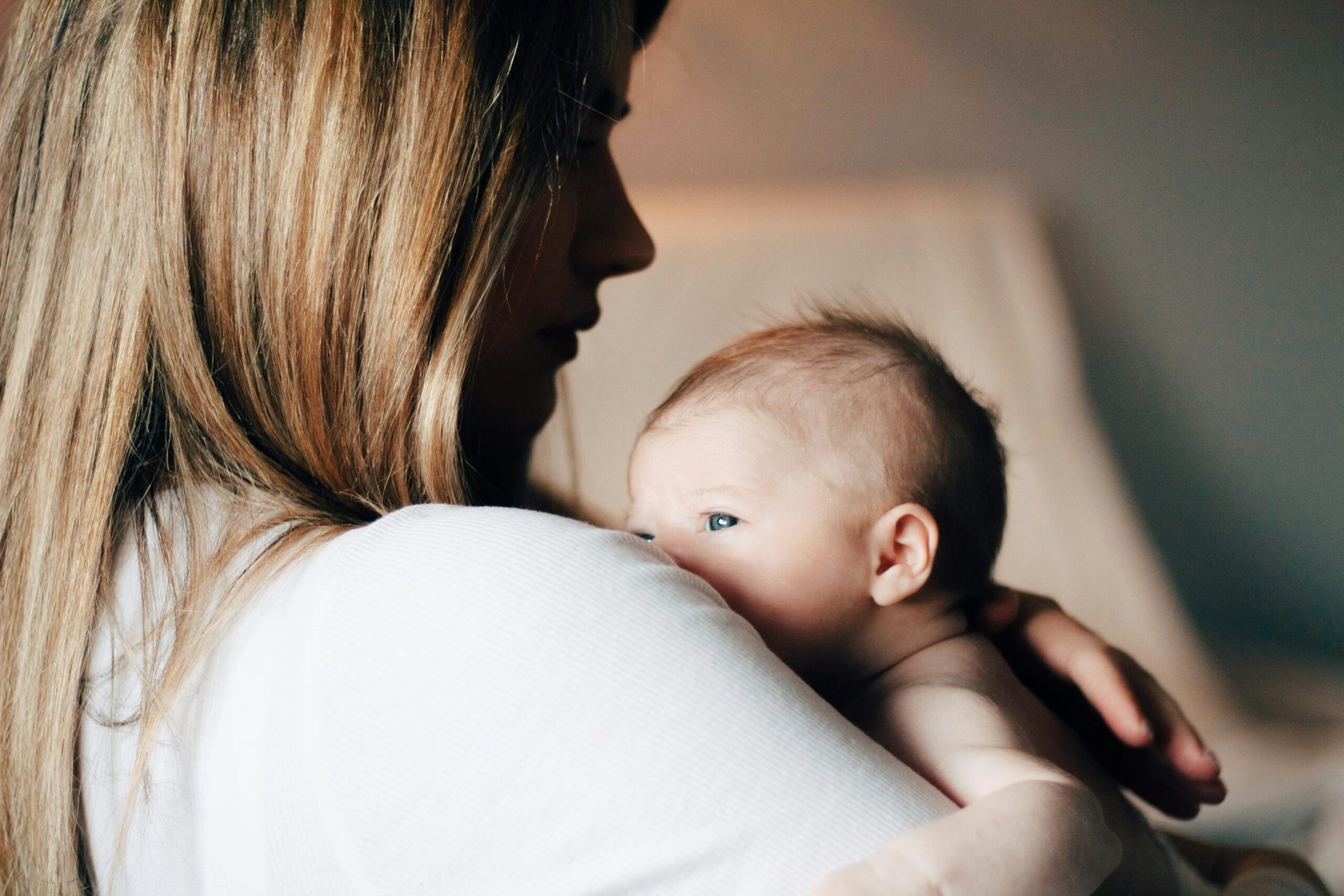A new digital camera device, called the Neocam, has been developed by a doctor from Cambridge. This innovative device is currently being used in a study to identify babies who may require early surgery to prevent blindness. Since its launch in August last year, more than 3,000 families have participated in the study, and there are plans to expand its reach.
Blindness in newborns can have a profound impact on their lives, affecting their development and overall quality of life. Early detection and intervention are crucial in preventing permanent vision loss. The Neocam aims to revolutionize the way we identify and treat eye conditions in newborns, offering a non-invasive and efficient solution.
The Neocam: A Breakthrough in Newborn Eye Screening
The Neocam is a digital camera device that allows healthcare professionals to capture high-resolution images of a newborn’s eyes. These images are then analyzed using advanced algorithms to detect any signs of eye abnormalities or conditions that may lead to blindness if left untreated.
Traditionally, screening for eye conditions in newborns involved invasive and time-consuming procedures. The Neocam simplifies the process, making it easier for healthcare providers to identify babies who may require further examination or intervention.
Early Intervention for Better Outcomes
Early intervention is key when it comes to preventing blindness in newborns. The Neocam enables healthcare professionals to identify potential issues at an early stage, allowing for timely treatment and intervention.
By detecting eye conditions early, doctors can recommend appropriate treatments, such as surgery or medication, to prevent further damage to the baby’s vision. This early intervention can significantly improve the long-term outcomes for these infants, giving them a better chance at a normal and healthy life.
The Importance of the Study
The ongoing study involving the Neocam is crucial in evaluating the effectiveness of this new device in identifying babies who may require early intervention. By involving thousands of families, the study aims to gather valuable data and insights that will contribute to improving newborn eye screening protocols.
Through this study, researchers hope to determine the accuracy and reliability of the Neocam in detecting eye abnormalities. They also aim to assess the feasibility of implementing this device on a larger scale, potentially making it a standard tool in newborn eye screenings.
Expanding the Reach
With the positive response from participating families, there are plans to expand the study further. By involving more healthcare facilities and professionals, the Neocam can reach a wider audience and potentially benefit more newborns.
Expanding the study will also allow for a more diverse range of participants, ensuring that the device is effective across different populations and demographics. This will help validate the device’s accuracy and reliability in various settings, making it a valuable tool for healthcare providers worldwide.
Conclusion
The Neocam offers a promising solution for early detection of eye conditions in newborns. By providing a non-invasive and efficient screening method, this digital camera device has the potential to prevent blindness and improve the outcomes for thousands of infants.
With ongoing research and expansion of the study, the Neocam may become a standard tool in newborn eye screenings, revolutionizing the way we identify and treat eye conditions in the earliest stages of life.




































